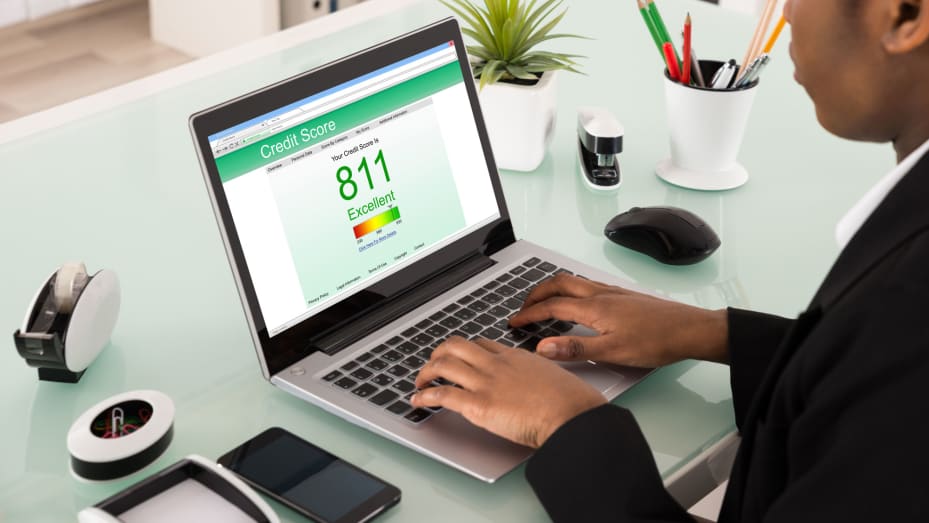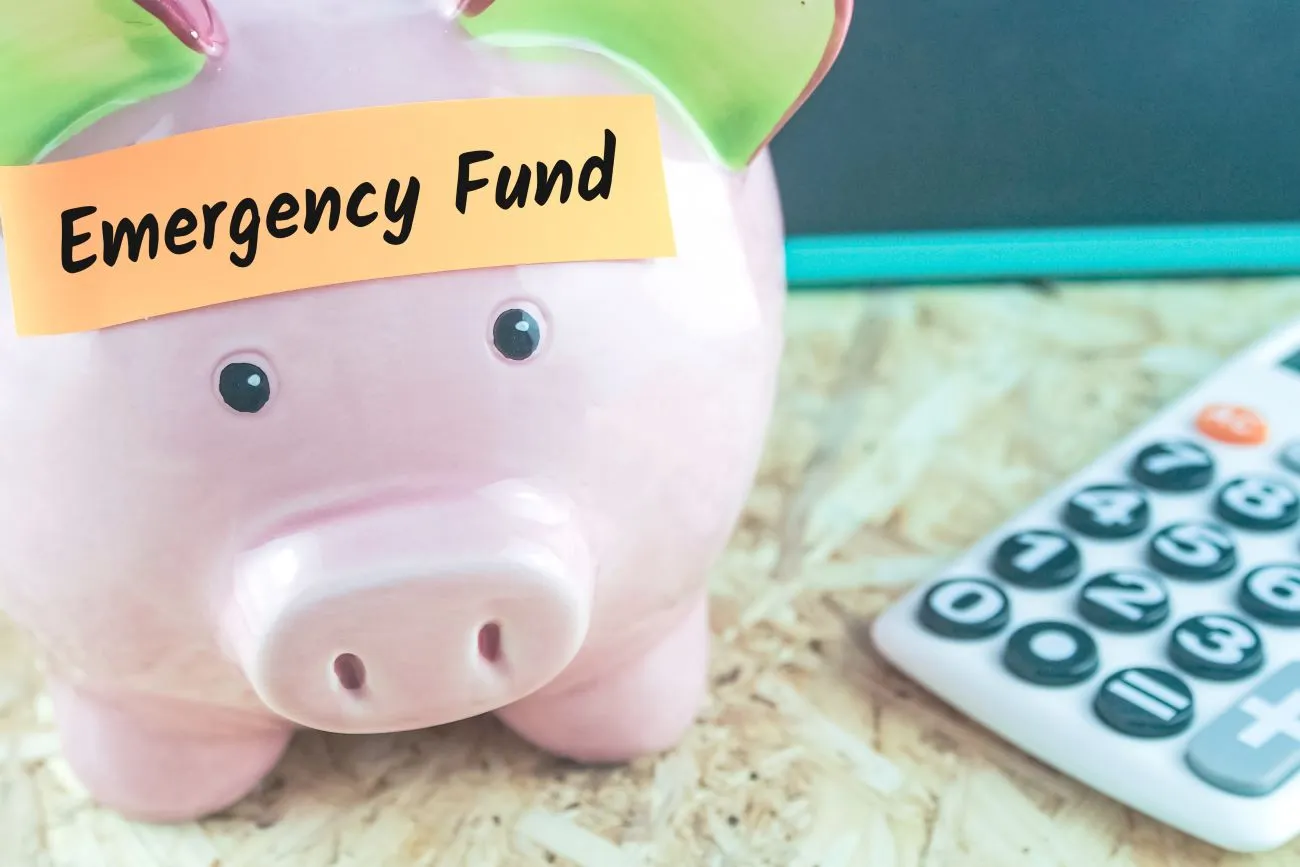Having fair credit can make getting a loan trickier. Lenders look at more than just your scores. Your income, debts, and history also matter. Fair scores between 580 and 669 mean you may pay more interest. But you still have decent options beyond cards with high rates. Talking to lenders can help.
Explain any past credit issues. List other positive factors, too. Highlight your stable job or recent raises. Own a home or have savings? Mention those. The right lender may see your full financial picture. They know scores don’t tell the whole money story. Some pros can assist if your credit isn’t perfect.
Seek them out and provide paperwork that shows income and assets. It’s very possible to get approved despite less-than-great scores, maybe not on top terms and deals. Lenders still have other programs and products you can qualify for.
What is Fair Credit?
Fair credit scores fall between 580 and 669. This is considered average or “medium” by lenders. It’s lower than good credit (670+) but better than bad credit (below 579).
People with fair scores usually have some late payments or high balances. They can still get loans and credit cards, unlike borrowers with poor ratings. But terms won’t be as good as applicants with higher scores.
When looking for loans for fair credit scores, expect to see better interest rates, fees, and lending amounts than bad credit scores. The good part is there are still many options available, including:
- Mortgages
- Auto loans
- Personal loans
- Credit cards
- Student loans
Those with good credit will have access to better loan rates and more options. People with bad credit may not qualify at all or must look for “bad credit lenders”. Fair credit is in the middle – not ideal interest rates, but still eligible for financing if income and history factors are also stable. Improving scores takes time but can mean better offers.
The Lender’s Perspective
Lenders want to get repaid, so they examine more than your scores. They’ll review your income, debts, and history too. For fair credit applicants, lenders consider factors like:
- Income level – Do you make enough to afford loan payments?
- Debt-to-income ratio – What percent of your income covers existing debts? Should be below 50%.
- Job history – Have you been employed consistently without gaps?
- Payment history – Do you pay bills on time despite some late payments?
- Credit mix – Do you have different types of credit accounts like mortgages, cards, and instalment loans?
Here’s a quick snapshot of how lenders view fair credit compared to good and bad credit:
| Credit Range | Lender Perspective |
| Bad (<579) | High-risk, may not qualify |
| Fair (580-669) | Moderate risk may pay more |
| Good (670+) | Lowest risk, best terms |
By looking at your full history, lenders get insight beyond your scores. This helps them approve fair credit applicants through targeted loan programs with pricing to match the risk.
Personal Loans for Fair Credit
Fair credit borrowers can qualify for personal loans, including unsecured personal loans without collateral. Interest rates are higher and amounts lower than good credit products. But better than bad credit options. Focus on lenders familiar with fair credit applicants, like:
- Online lenders
- Credit unions
- Community banks
- Peer-to-peer lending markets
Tips for getting approved:
- Shop rates from multiple lenders
- Highlight income and job history
- Minimise credit applications
- Consider a co-signer if you can’t qualify
Here is an overview of personal loans available based on your credit:
| Credit Range | Personal Loan Options |
| Bad (<579) | Secured loans with collateral |
| Fair (580-669) | Unsecured loans with higher rates |
| Good (670+) | Unsecured loans with better rates and terms |
While fair credit personal loan terms aren’t ideal, the financing can be much cheaper than high-interest options like payday loans or car title loans. Weigh total costs and look for lenders who offer pre-approvals to see your real chances before applying.
Auto Loans with Fair Credit
Drivers with fair credit can still finance a car purchase, though with higher rates and requirements. To improve chances, you’ll likely need a 20-30% down payment. Expect interest rates of around 6-12% from lenders accepting fair credit applicants. Tips for the best fair credit auto loan:
- Get pre-approved to see real loan offers before shopping
- Compare rates from online lenders, banks, and dealers
- Consider having a co-signer with better credit
- Look at certified pre-owned cars to lower purchase price
Here’s how auto loan terms differ based on your scores:
| Credit Range | Auto Loan Terms |
| Bad (<579) | Over 12% rates, high down payment |
| Fair (580-669) | Around 6-12% rates, 20-30% down |
| Good (670+) | Under 6% rates, lower down payment |
While not ideal rates, having some credit history and income makes auto financing possible with fair scores, unlike with bad credit. Weigh monthly payments at various terms to find affordable options.
Home Loans: A Path to Homeownership
Homeownership is still possible, with fair credit scores between 580 and 669.
Government-backed mortgages from FHA, VA, and USDA are more flexible for weaker credit. Expect to pay higher rates and costs, provide a larger down payment, and potentially have a co-signer. Tips to improve mortgage chances:
- Get officially pre-approved to confirm eligibility
- Shop multiple lender rates – online, local banks, credit unions
- Highlight stable job history and income
- Make a larger down payment if possible – 20% ideal
Here is an overview of mortgage terms based on credit scores:
| Credit Range | Mortgage Terms |
| Bad (<579) | Unlikely to qualify |
| Fair (580-669) | Government loans, higher rates/fees |
| Good (670+) | Conventional loans, best rates |
Online Lenders and FinTech Options
Online lending sites are made for borrowers with fair or bad credit. They go by fancy names like “FinTech”. But all these digital platforms work similarly. They use special technology and automation to approve loans quickly. The good parts:
- Tailor loans to less-than-ideal credit clients
- Offer to pre-qualify and match rates without hurting your scores
- Have simple and speedy applications you can do yourself on your phone or computer
- May have a few documents to submit
The not-so-good:
- Can lack people to talk to for help compared to banks
- Are kind of new, so can be risky
The big online fair credit players are Upstart and LendingClub. Make sure to still check local credit unions, too, for better service. Combining both can mean great technology, plus advisors to guide you.
Conclusion
Even if your credit score isn’t perfect, there are still possibilities out there if you need to take out a loan. While interest rates may be higher, lenders like credit unions and online providers can offer fair credit loans with reasonable terms. The key is doing your homework and shopping around.
Never settle for the first offer – compare all the options to find the best fit. Consider things like repayment timeline, interest rate, fees, and loan amount. Read the fine print, too, and make sure you understand the full commitment. Don’t borrow more than you can realistically pay back on time.
With some savvy planning, fair credit consumers can get back on track. Financial decisions impact your future, so be proactive. Educate yourself and choose wisely. There are always alternatives if you look and prepare. Better days are ahead if you borrow smart.






